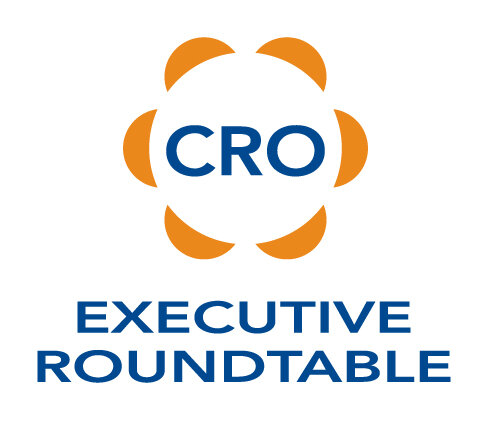Successful sales leaders and sales people are the ones who are skilled at moving through the prospect stages of KNOW – LIKE – TRUST.
Let’s begin with the underlying belief that it is always best to tell the truth. In any situation whether personal or professional - never tell a lie. Not only is this good for your stress level, heart, blood pressure, etc. but also because, in the words of Mark Twain, “if you tell the truth you never have to remember anything”.
For sales leaders and sales people, when in the sales process there are many situations that arise where it seems that the flat-out truth is the obvious response and it seems also obvious that telling the truth is very detrimental to winning the sale. In such situations, it is very tempting to avoid giving a direct answer like ‘no, we cannot do that’ and instead respond in a manner that stretches the truth so that the sales process stays alive and you can still hope to close the sale. Tempting as this might be, it is not a long-term success formula. One should never tell a lie. “A single lie discovered is enough to create contagious doubt over every other truth expressed” – author unknown. When you are found to have stretched the truth (or worse) your credibility takes a negative turn that is hard, if not impossible to recover from.
Ideally, you will always have the best product with perfect capabilities and be the clear leader in the prospects consideration. For many that is not the case and so sales training, skills and ability to ‘think on your feet’ become critical to the sales process and ultimately winning the sale. When you know your product capabilities, understand the competition and their strengths and weaknesses, have done your research on the prospect and the prospects business/industry, then you are in a strong position that minimizes the temptation to stretch the truth or even to have to say "no."
Although one should never say never, I believe strongly that in the sales process a sales leader/sales person should never say "no." Why? Here are the primary reasons you will find yourself in a position to respond ‘no’ to a prospect, even though you have worked hard to identify a good prospect and qualify the opportunity:
Competition is doing their job! If the competition is any good, they will know your weaknesses versus their own strengths and weaknesses. The competition will work to put themselves in good standing and create ‘Fear, Uncertainty & Doubt’, or FUD, about you and your product/solution.
Prospect has partial or inaccurate information! Information received from well-meaning friends & family, peers & workers, or internet research often results in a biased view of your product/solution.
Prospect is focused on a symptom not the real issue! The humorous saying ‘When you are up to your *** in alligators, it is difficult to remember that your objective is to drain the swamp!’ applies here. Often the challenges of the day and resulting pain points drive a prospect to want to just fix the immediate pain.
Prospect is positioning for a concession! While not as common as the first three mentioned, there are times when the prospect wants your product/solution and this is a way of negotiating for a better price.
Encourage the prospect to talk about why they want to make a change and not just focus on a specific item that may not be in your favor. Rather than stretch the truth or say ‘no, we can’t do that’ or similar phrasing, it is best to bring the prospect back to the positive by reframing the opportunity in the context of the strengths you and your product/solution have for the prospect. Offer an answer on why the prospect benefits more from you and your product/solution than from any other option. Remaining positive throughout the sales process greatly enhances your credibility with the prospect and thereby enhances your chances of closing the sale.
CRO RoundTable is focused on revenue growth and the strategy, leadership and execution necessary to improve skills such as this.






